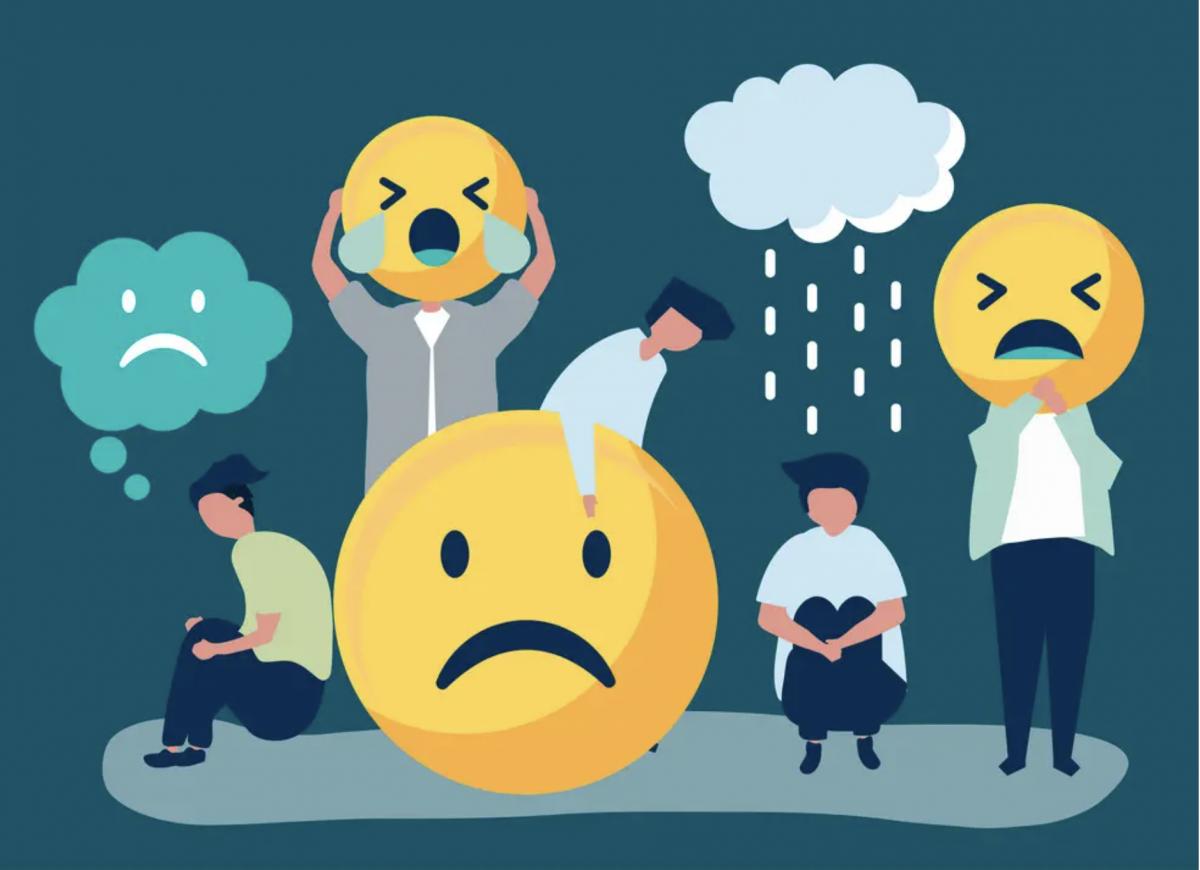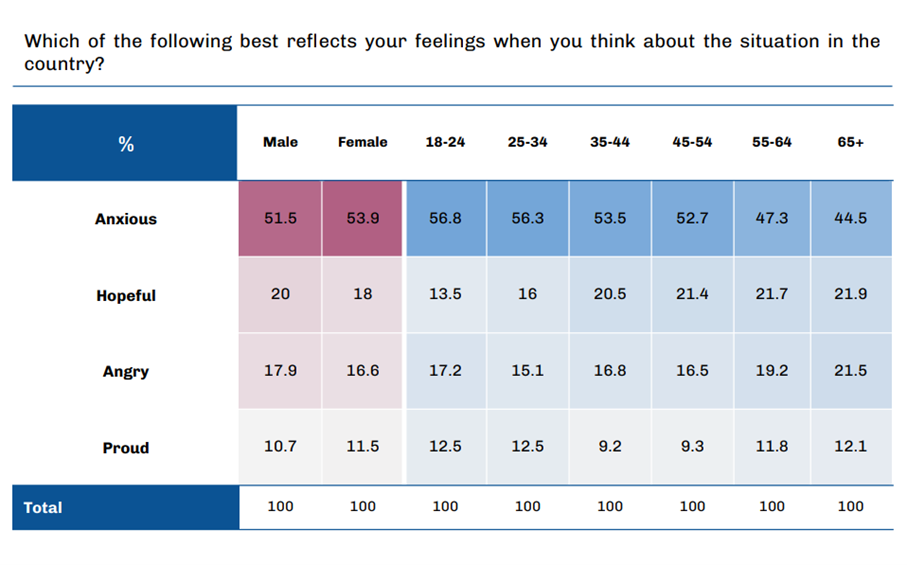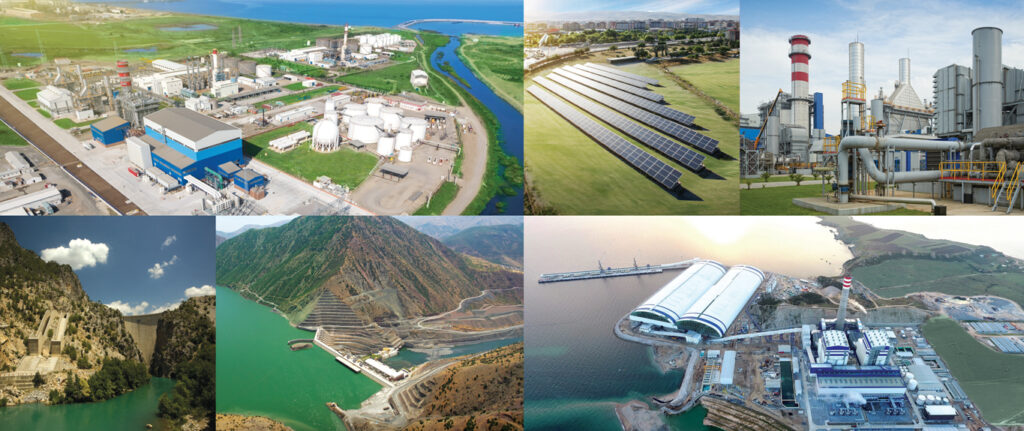How Turkish Society Feels After the Elections?
Turkiye Emotions and Politics

Turkiye Report
October 2023
Being a society, beyond being an individual, involves having a common spirit in political, economic and social developments. No matter how different the ideologies and voting behaviours, no matter how deep the polarisation, societies share the ground paved by nation statehood.
For instance, the currency of a country is shared by the society. Inflation is shared. Wars won, the victory of the national team in sports competitions are shared. The national anthem and national holidays are shared. Most of the time, the language, the official and unofficial history, the geography and the climates are shared. Within all these commonalities, feelings about the course of the country are also shared.
In the first report of the September, we asked the participants about their feelings on the direction of the country, as we do periodically. It isi shown that the feeling shared by the majority is anxiety.
The results show that feelings are also common. This feeling of anxiety has been common since July 2021, when we started asking this question to respondents.
In the last two years, the proportion of those feeling worried has increased by 13 points, while the proportion of those feeling hopeful has decreased by 15 points. There is no significant change in the proportion of those who feel angry or proud.
This shows that in recent years, the society has become less hopeful and more worried about the course of the country. How can this change in the last two years be explained?
After the summer of 2021, when the traces of the pandemic started to gradually fade, Türkiye has experienced significant economic and political changes.
The value of the Turkish lira steadily eroded against foreign currency. Inflation soared. The increase in the minimum wage and pensions failed to overcome the financial difficulties of the society.
The unemployment of university graduates or their exploitation under the so-called unpaid internships and “voluntary work” resulted in the migration of the qualified population to developed countries. Doctors have also become part of this migration wave. As the reflection of the asylum-seeker issue in society deepened, anti-immigrant parties and discourses gained strength.
On the other hand, the devastating earthquakes of 6 February went down in Türkiye’s history as the most destructive and darkest disaster. The pain of the population in the earthquake zone became the pain of the entire country.
As a result of these negative experiences and developments, it can be said that hope in society has diminished and anxiety has turned into a common feeling. Time will tell whether the society will attain the peace and prosperity it deserves.

In September 2023, the rate of those who feel worried about the course of the country increased by 5 points compared to 3 months ago.
After the May 28th elections, when we asked this question for the first time, almost half of the respondents (48%) stated that they were worried about Türkiye’s outlook. This rate rose to 53% in September.
Accordingly, more than half of the society is worried. The rate of those who feel worried has increased compared to 6 months ago. However, compared to August 2022 results (58%), there is a 5-point decrease in the rate of those who are worried (53%).
The percentage of respondents who feel hopeful about the country’s outlook has dropped by 6 points compared to three months ago. In June 2023, one in four respondents said they felt hopeful about the country’s outlook.
Three months later, this rate dropped from 25% to 19%. The rate of those who feel angry has increased by 2 points compared to June.
Overall, it can be said that the rate of positive emotions such as pride and hope has decreased while the rate of negative emotions such as anxiety and anger has increased.

Female respondents are more worried than male respondents.
54% of female respondents are worried about the direction of the country. This rate is 52% for men. Accordingly, one out of every two respondents in both gender groups is worried.
On the other hand, the rate of male respondents who feel hopeful is 2 points higher than that of female respondents.
The rate of those who feel worried about the course of the country tends to decrease with age.
When we exclude the 18-24 age group, the rate of those who feel worried gradually decreases with increasing age.
The age group 65 and above has the highest rate of those who feel both angry and hopeful. In all age groups between 18-54, more than half of the respondents state that they are worried.





